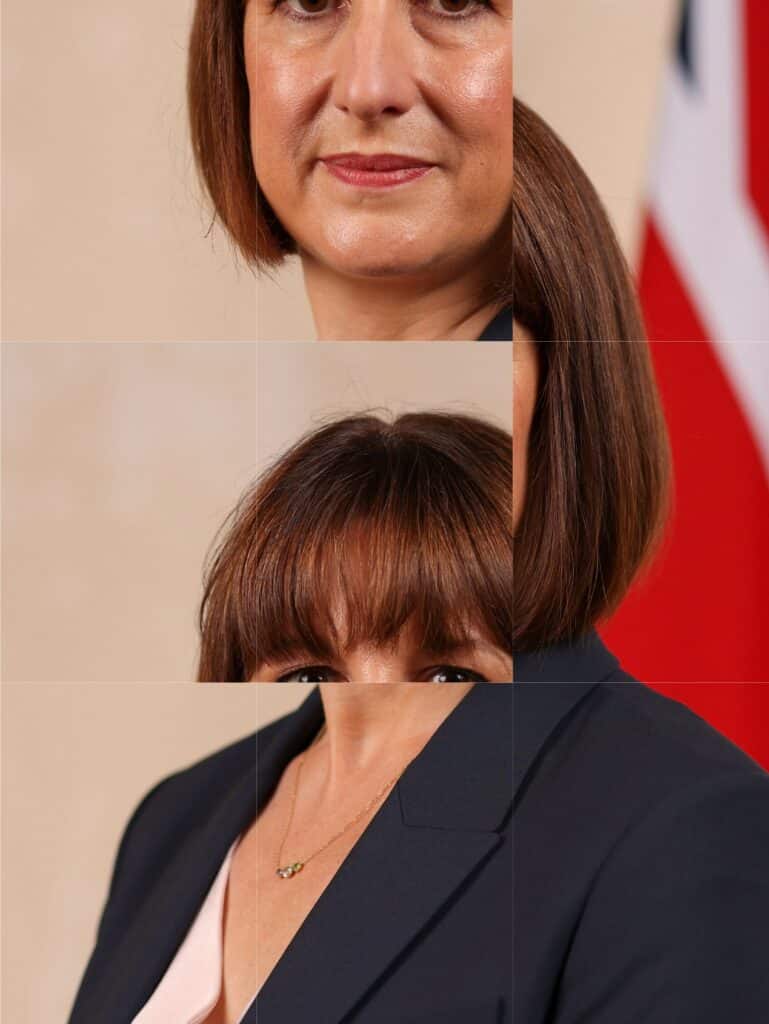The Dangers of Exaggerating Your LinkedIn Profile Accomplishments: Lessons from Rachel Reeves
In an era where online presence can make or break professional reputations, LinkedIn has become the go-to platform for career networking, job searches, and corporate branding. However, as UK Chancellor Rachel Reeves recently discovered, when something isn’t quite right, any inconsistencies or exaggerations in professional history can quickly unravel, leading to public scrutiny and reputational damage. When your public image and online profile do not align, it can lead your mind to question the validity of everything you observe. The psychology of trust is fragile, and once doubt is introduced, it can erode confidence in all areas of one’s professional credibility.
The Rachel Reeves Controversy
Rachel Reeves, a high-profile political figure, has faced criticism for discrepancies in her LinkedIn profile. It was recently revealed that her career at the Bank of England was overstated by approximately nine months. Initially, her profile suggested she worked there until December 2006, whereas records indicate she had moved on to HBOS by March of that year. Furthermore, her role at HBOS was initially listed as an “Economist,” but later reports clarified that she worked in retail banking, specifically in a customer relations department dealing with complaints and mortgage retention.
The edits to her LinkedIn profile were conveniently made on the very morning that a BBC investigation into the discrepancies was set to break, further fueling suspicions that she had been embellishing her credentials. Although Reeves has denied any wrongdoing, the damage had already been done. The revelations raised questions about her professional transparency and cast a shadow over her credibility as Chancellor.
Why Accuracy on LinkedIn Matters
- Public Scrutiny is Unforgiving
- Whether you are a political figure or a senior executive, inaccuracies in your professional history will eventually come to light. The digital footprint of past roles, dates, and responsibilities can easily be cross-referenced with corporate records, former colleagues, and investigative journalism.
- Trust and Credibility are Hard to Rebuild
- Once a professional reputation is questioned, it becomes difficult to regain trust. Even minor embellishments can lead to broader questions about one’s integrity, honesty, and suitability for leadership roles. When people feel misled, they don’t just question the specific claim—they begin to doubt everything that individual has said or done.
- Recruiters and Employers Do Their Research
- As headhunters and career coaches, we know firsthand how often recruiters cross-check LinkedIn profiles with CVs, official company records, and past employers. Any inconsistencies can be a red flag, potentially disqualifying a candidate before they even reach the interview stage. Candidates who embellish their achievements may momentarily impress, but when those claims fall apart under scrutiny, the damage is often irreversible. The psychology of being lied to fosters deeper skepticism, meaning even small inconsistencies can create major concerns.
- The Risk of Career-Damaging Exposure
- As seen in the Reeves case, high-profile figures are not the only ones vulnerable to scrutiny. The internet remembers everything, and a simple discrepancy can be amplified across news outlets, industry circles, and social media, leading to public embarrassment. We have worked with executives whose careers were jeopardized because they overstated their achievements or exaggerated job titles. Integrity always wins in the long run. Once doubt creeps in, it reshapes the perception of everything a person has claimed about themselves.
How to Ensure Accuracy on LinkedIn
- Stick to the Facts: List job roles, dates, and responsibilities as they were, without embellishment.
- Cross-check Your Own Profile: Ensure your LinkedIn matches your official CV and any publicly available company records.
- Avoid Inflating Job Titles or Responsibilities: A slight exaggeration may seem harmless, but it can backfire if an employer or colleague disputes it.
- Update Your Profile Proactively, Not Reactively: Editing details in response to scrutiny can appear suspicious, as demonstrated by Reeves’s last-minute LinkedIn changes.
- Seek Professional Help if Needed: If unsure how to frame your experience honestly but effectively, consult a professional CV or LinkedIn profile writer. Our expertise in career coaching and executive job search strategy ensures that candidates present themselves accurately while maximizing their strengths.
The Importance of Integrity in Your Career
Rachel Reeves’s experience serves as a cautionary tale for professionals at all levels. As headhunters, we have seen too many careers derailed because individuals attempted to embellish their credentials, thinking it would give them a competitive edge. In reality, accuracy and authenticity build the trust that leads to long-term career success.
How you present yourself online shapes how others perceive your expertise, leadership, and trustworthiness. When your public image and online profile do not align, it can lead your mind to question the validity of everything you observe. Employers, colleagues, and clients depend on consistency to form an image of credibility, and once that image cracks, the doubt spreads like wildfire.
Whether you are a job seeker, an executive, or a public figure, accuracy on platforms like LinkedIn is not just advisable—it’s essential for professional credibility. Employers value honesty over hyperbole, and long-term success depends on a reputation built on integrity, not exaggeration.
Don’t let exaggeration cost you your reputation. The truth is always the best career strategy, and as career experts, we can help you tell your professional LinkedIn story correctly.

